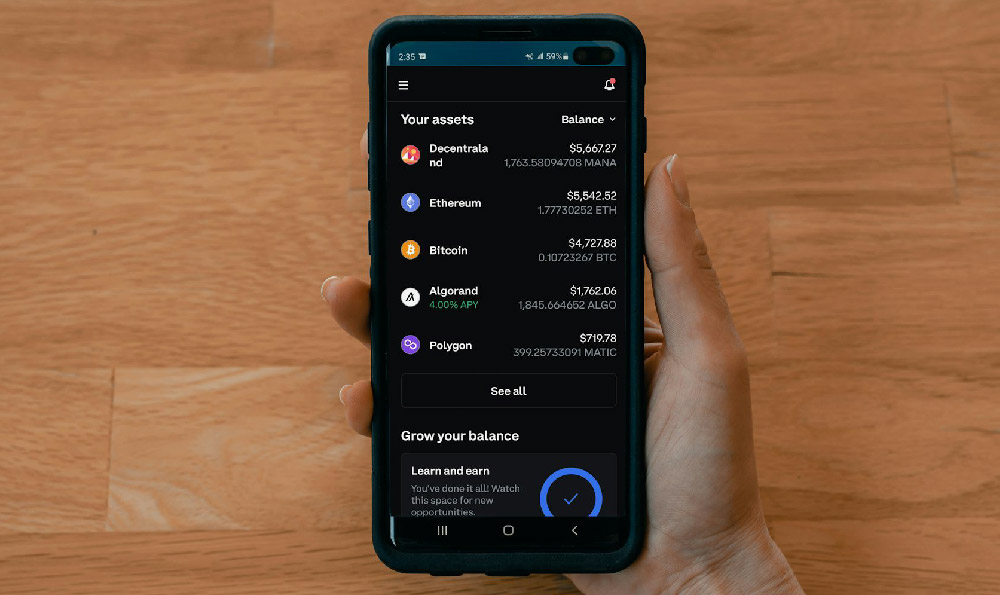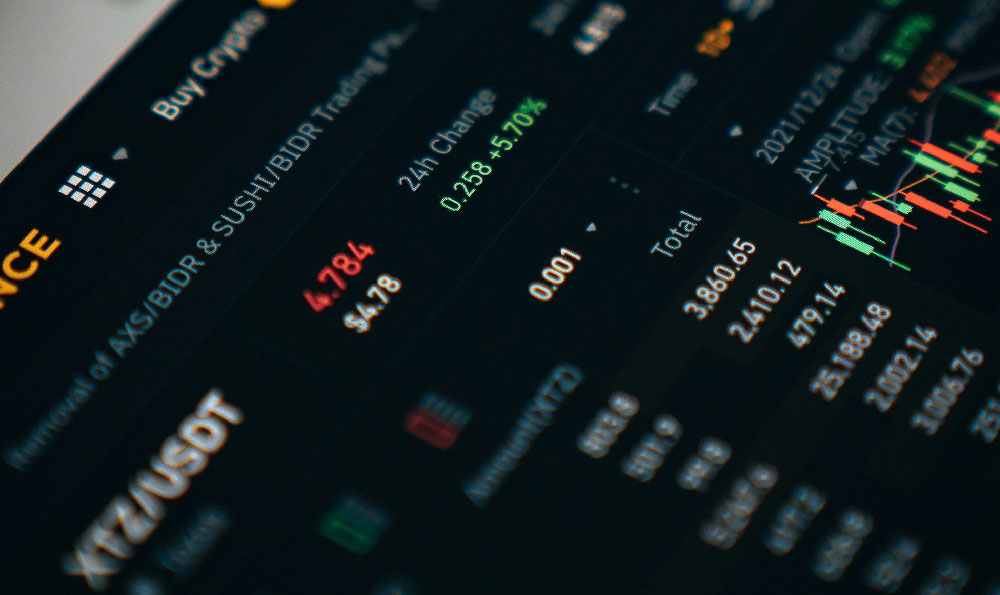Investing in Sustainable Funds: A Smart Move? What Are the Best Options?
Okay, I'm ready. Here's an article addressing the topic of investing in sustainable funds, exploring its potential benefits and drawbacks, and suggesting options for interested investors.
Investing with a conscience is no longer a niche pursuit; it’s rapidly becoming mainstream. As awareness of climate change, social inequality, and corporate governance grows, so does the demand for investments that align with personal values. This has led to a surge in sustainable funds, also known as ESG (Environmental, Social, and Governance) funds. But are they a smart move for every investor? And if so, how do you navigate the growing landscape to find the best options?
The allure of sustainable funds is multifaceted. Beyond the feel-good factor of supporting companies committed to responsible practices, there's a growing body of evidence suggesting that ESG considerations can actually enhance investment performance. Companies that prioritize sustainability often demonstrate better risk management, innovation, and operational efficiency. They are less likely to be embroiled in controversies that could negatively impact their stock price, and are often better positioned to adapt to changing regulations and consumer preferences. For example, a company proactively reducing its carbon footprint may be better prepared for future carbon taxes or regulations, giving it a competitive edge over companies lagging behind.

Furthermore, sustainable investing can offer diversification benefits. ESG funds typically focus on companies with strong fundamentals and long-term growth potential, which can complement other investments in a portfolio. This approach often avoids companies heavily reliant on unsustainable practices, such as fossil fuels, which may face increasing risks as the world transitions to a cleaner energy economy.
However, it’s crucial to approach sustainable investing with a discerning eye. The term "sustainable" can be subjective and applied loosely. This is where the concept of "greenwashing" comes into play – companies marketing themselves as environmentally friendly or socially responsible without making substantial changes to their practices. Therefore, investors need to do their due diligence and critically evaluate the methodologies used by fund managers.
One key factor to consider is the fund's screening process. How does the fund define sustainability? What specific criteria are used to select companies for inclusion in the portfolio? Some funds use a "positive screening" approach, focusing on companies that excel in ESG metrics, while others use a "negative screening" approach, excluding companies involved in activities such as tobacco, weapons manufacturing, or fossil fuel extraction. The fund's prospectus should clearly outline its screening methodology.
Another important consideration is the fund's engagement strategy. Does the fund actively engage with the companies it invests in, pushing them to improve their ESG performance? Active engagement can be a powerful tool for driving positive change, and funds that prioritize it are often more effective at achieving their sustainability goals. Look for funds that disclose their engagement activities and demonstrate a track record of influencing corporate behavior.
Fees are, as always, a vital factor. Sustainable funds often have higher expense ratios than traditional index funds. This is partly due to the more intensive research and analysis required to assess ESG factors. While paying a slightly higher fee might be justified for a well-managed sustainable fund, it's important to compare fees across different options and ensure that the potential benefits outweigh the costs.
Now, let’s consider some specific options. Exchange-Traded Funds (ETFs) are a popular choice for many investors due to their low cost and diversification. Several ETFs focus on sustainable investing, tracking ESG indexes or employing specific screening methodologies. For instance, some ETFs track the MSCI KLD 400 Social Index, which is a market-cap-weighted index designed to represent companies with positive ESG characteristics. Others focus on specific areas, such as clean energy or water conservation.
Mutual funds offer another avenue for sustainable investing. Many mutual fund companies now offer ESG-focused funds, ranging from broad market funds to sector-specific funds. Active managers often have the flexibility to incorporate ESG factors into their investment decisions and engage with companies to improve their practices. However, it's important to carefully evaluate the manager's track record and investment philosophy.
Impact investing is a more targeted approach, focusing on investments that generate both financial returns and measurable social or environmental impact. This could involve investing in companies that provide affordable housing, promote sustainable agriculture, or develop clean energy technologies. Impact investing often involves private equity or venture capital, and may be more suitable for experienced investors with a longer time horizon.
Finally, individual stocks offer another way to align your investments with your values. You can research companies that have strong ESG performance and invest directly in their stock. However, this approach requires a significant amount of research and due diligence, and it may not be suitable for all investors.
In conclusion, investing in sustainable funds can be a smart move for investors who want to align their financial goals with their values. However, it's important to approach this area with a critical eye, carefully evaluating the methodologies used by fund managers and ensuring that the potential benefits outweigh the costs. By doing your research and choosing carefully, you can build a portfolio that not only generates financial returns but also contributes to a more sustainable and equitable future. As with any investment strategy, it's crucial to consult with a qualified financial advisor to determine the best approach for your individual circumstances and risk tolerance. The field is constantly evolving, so staying informed about the latest developments in sustainable investing is crucial for long-term success.















